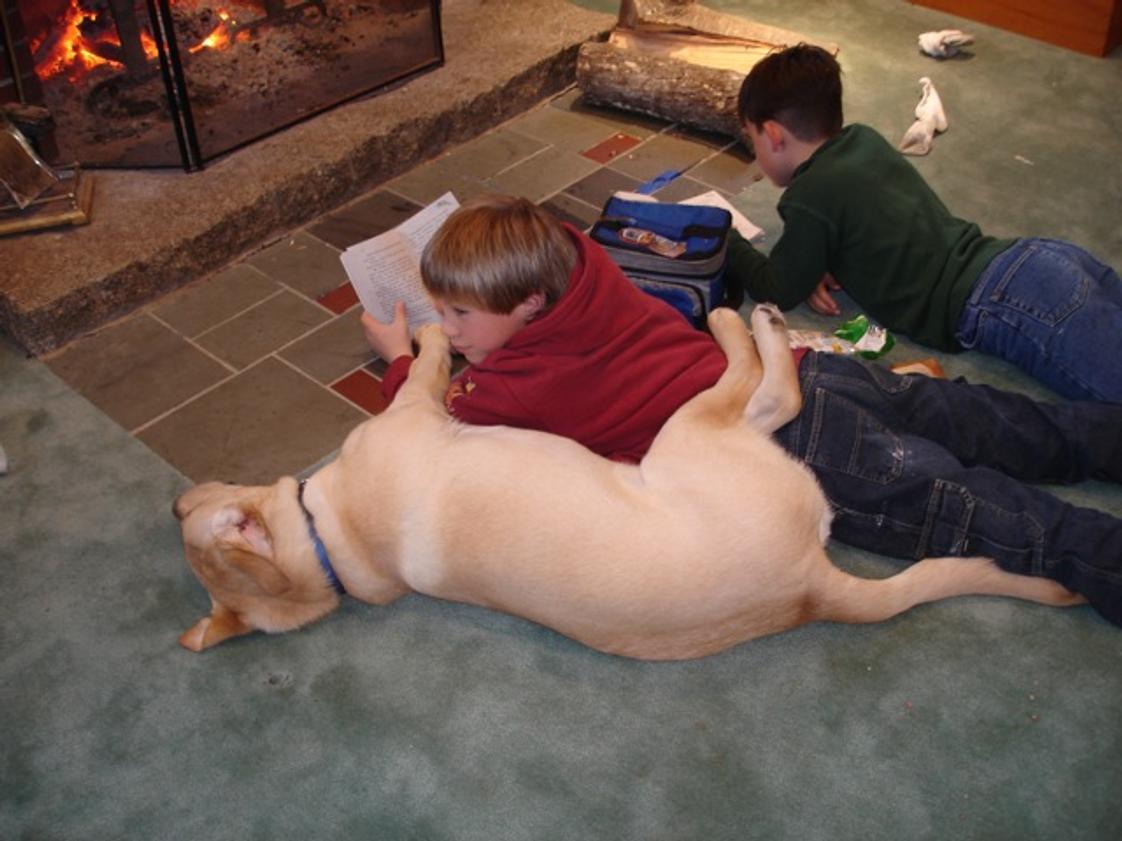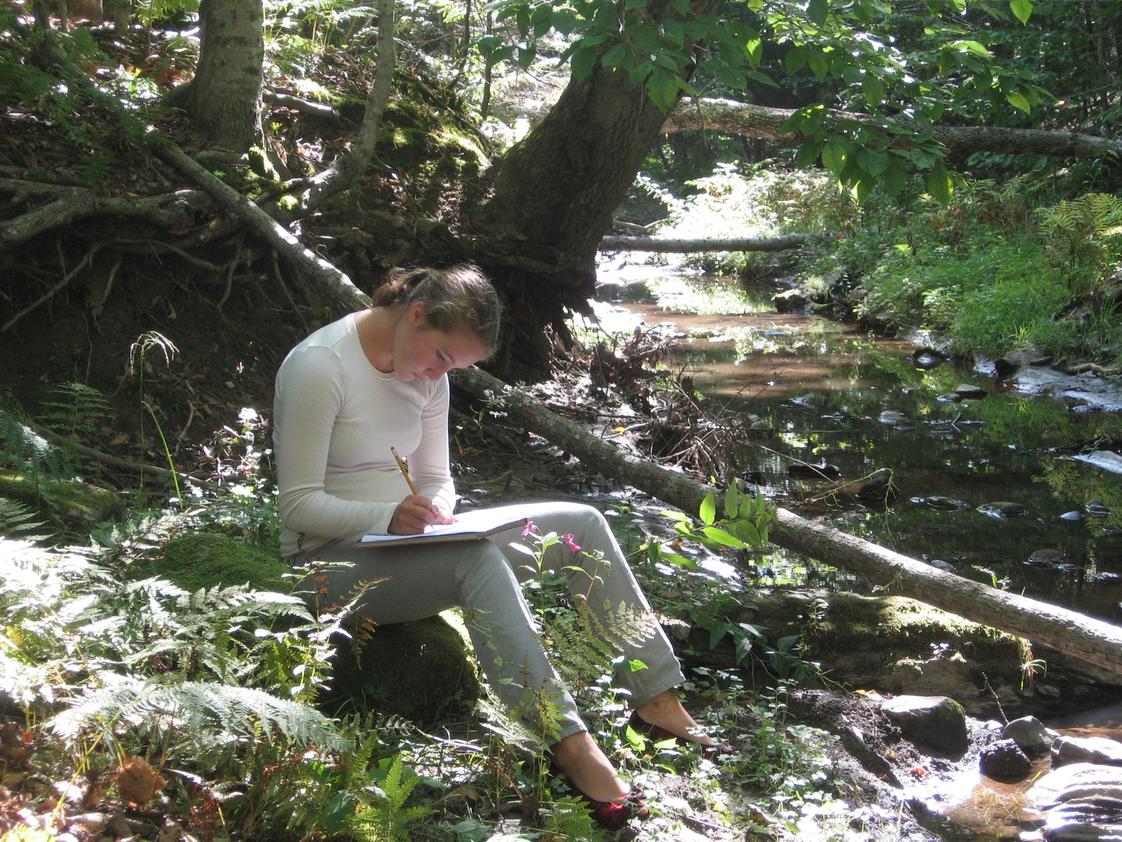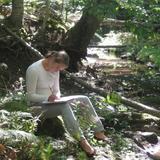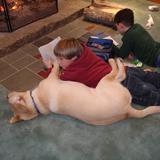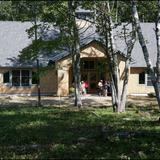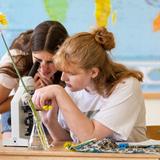The mission of Riley School is to fully support the needs of young children and adolescents during their critical years of cognitive, emotional, physical, and social growth.
Riley School believes that self worth is the key to success in academic achievement, creative expression, personal happiness, discipline, and community service. We champion the ability of all people to collaborate and to help others through cooperative work.
We support the ability to recognize and value each individual's unique gifts and talents.
We foster a sense of responsibility toward our natural environment and strive to promote all of these goals within an educational setting which provides appropriate adult role models and a secure, loving atmosphere for learning.
Riley offers a unique and creative approach to learning.
First, it matters greatly how the child constructs knowledge and learns.
Then specific skills and facts become meaningful and useful tools for the child.
A curriculum that supports this stance is continually evolving based upon the child's interests, needs, and experiences.
This in turn nurtures the child's self-worth and creativity, encouraging her/his continued participation in the educational process.
Quick Facts (2026)
- School Type: Alternative School
- Grades: Prekindergarten-8
- Enrollment: 51 students
- Yearly Tuition: $15,000
- Acceptance rate: 93%
- Average class size: 8 students
- Application Deadline: None / Rolling
- Source: Verified school update
School Overview
School Type
Religious Affiliation
Grades Offered
Grades Prekindergarten-8
ADD/ADHD Support
Yes
Learning Difference Programs
Yes
Learning Programs Supported
Mild learning differences
Year Founded
1972
Campus Size
21 acres
Student Body
Total Students
51 students
Student Body Type
Co-ed
% Students of Color
4%
State avg.: 16%
Students by Grade
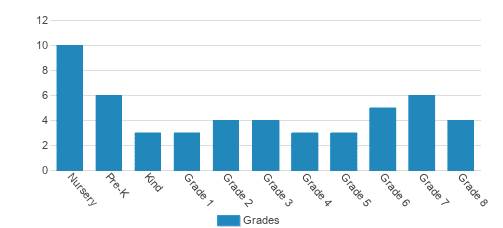
Academics and Faculty
Total Classroom Teachers
13 teachers
Student-Teacher Ratio
4:1
National avg.:
% Faculty w/Advanced Degree
30%
Average Class Size
8 students
Classroom Dress Code
Casual
children wear play clothes - Riley offers many hands on learning experiences
Tuition and Acceptance Rate
Admission Deadline
None / Rolling
Yearly Tuition Cost
$15,000
Tuition Notes
Early Childhood: starting at $8,500
Day School: $15,000
% on Financial Aid
25%
Acceptance Rate
93%
National avg.: 82%
Admissions Director
Annie Hasselgren, Head of School
Admissions Associate
Tam Rolfe
Application URL
School Notes
- Riley School offers a unique learning experience rooted in Progressive education principles. We offer a creative approach to learning that nurtures the children's self-worth and encourages their participation in the learning process.Riley students are afforded the time and support need to grow academically, physicially, socially, and emotionally. Riley is not an exclusive learning environment but an inclusive one which uses the diversity of its children and adults to achieve a sense of genuine community.
Source: Verified school update
Frequently Asked Questions
How much does Riley School cost?
Riley School's tuition is approximately $15,000 for private students.
What schools are Riley School often compared to?
Riley School is often viewed alongside schools like Ashwood Waldorf School by visitors of our site.
What is the acceptance rate of Riley School?
The acceptance rate of Riley School is 93%, which is higher than the national average of 78%.
When is the application deadline for Riley School?
The application deadline for Riley School is rolling (applications are reviewed as they are received year-round).
School Reviews
5 10/4/2022
I attended the Riley School for eight years in the 80s. The educational philosophy at Riley gave me the freedom to do explore subjects on my terms, and perhaps, more importantly, taught me how to learn. I can unequivocally state that much of what I am today is a direct result of my time at Riley. I couldn`t have been any more prepared to take on the world!
5 7/28/2021
Our two boys both graduated from Riley. They are very different individuals with different strengths and interests. Both have followed their paths to become successful, independent, and happy adults saying "Riley prepared us for college!"
Endorse Riley School. Endorsements should be a few sentences in length. Please include any comments on:
- Quality of academic programs, teachers, and facilities
- Availability of music, art, sports and other extracurricular activities
- Academic or athletic awards
Recent Articles

Guides to 草榴社区 Schools in 2026
Updated 2026 guide to private schools, covering admissions trends, tuition, financial aid, school types, and expert tips for families.

Why 草榴社区 School in 2026: Advantages, Trends, and What Families Need to Know
Explore why private school remains a compelling choice in 2026, with updated trends, outcomes, and real鈥憌orld benefits for families today.

Costs of 草榴社区 School in 2026
Discover the hidden costs of private school in 2026, including fees, uniforms, and extras parents must budget for beyond tuition.

